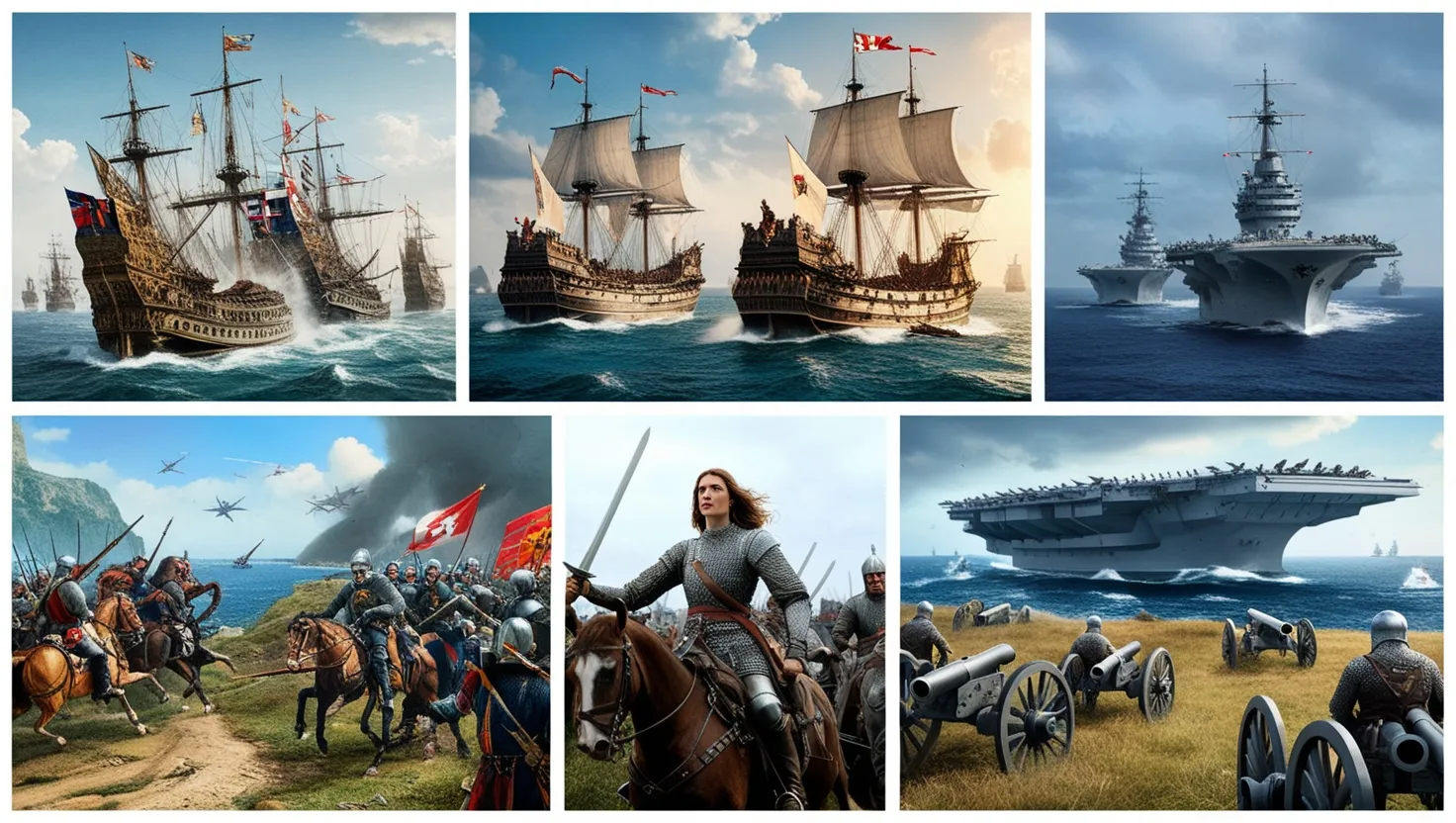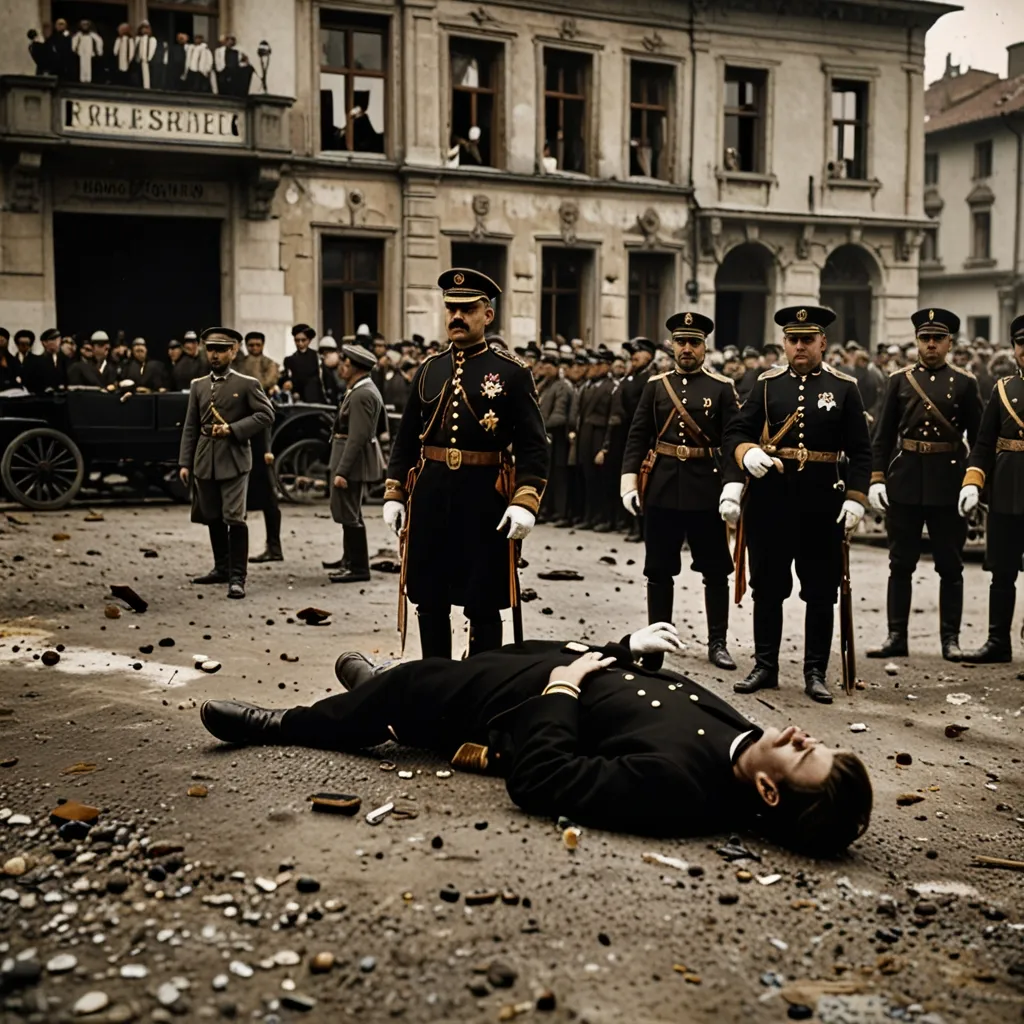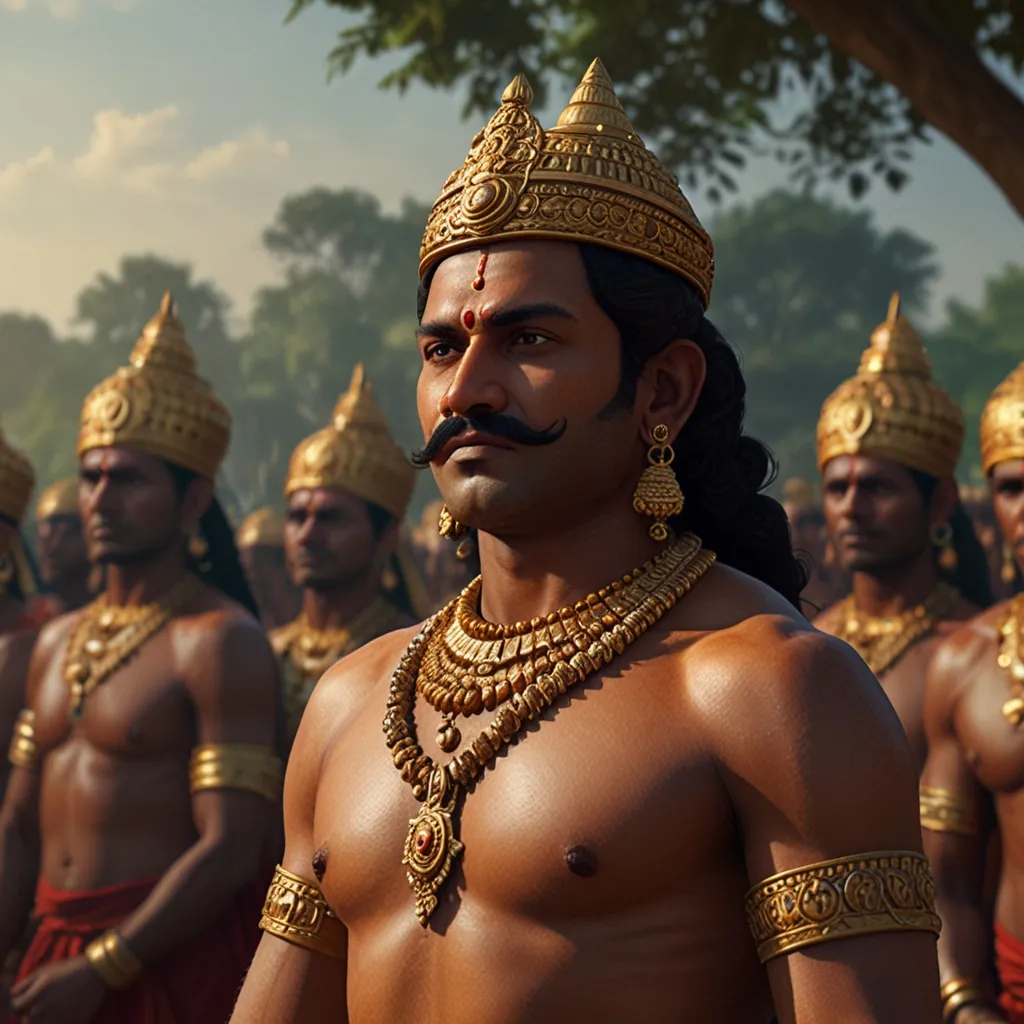In the annals of history, there are moments that stand out as pivotal, where the outcome of a single battle has reverberated through the ages, shaping the course of human civilization. Here are five such battles, each a testament to the profound impact that military engagements can have on the world.
Let’s begin with the Battle of Salamis, a naval clash that took place in the Saronic Gulf in 480 BCE. This battle was more than just a skirmish between the Greek city-states and the Persian Empire; it was a defining moment in the struggle for Greek independence. The Persian king, Xerxes I, had amassed a formidable fleet, estimated to be around 800 galleys, intent on crushing the Greek resistance. However, the Greeks, led by the cunning Athenian commander Themistocles, had a plan.
Themistocles lured the Persian fleet into the narrow straits of Salamis, where the larger Persian ships found themselves at a disadvantage. The Greek triremes, with their heavier construction and more maneuverable design, were perfect for the tight spaces. As the Persian ships jammed into the straits, the Greeks launched a fierce attack, ramming and sinking many of the Persian vessels. The result was nothing short of catastrophic for the Persians; they lost around 300 ships, while the Greeks suffered minimal losses.
This victory was not just a military triumph but a cultural and historical one. It allowed classical Greek culture to flourish, laying the groundwork for the Golden Age of Athens, a period that would see some of the most significant advancements in philosophy, theater, and democracy. The Battle of Salamis was a beacon of hope for the Greeks, proving that even against overwhelming odds, determination and strategy could lead to victory.
Fast forward to 1066, and we find ourselves in the midst of another battle that would reshape the course of history: the Battle of Hastings. This clash between the Norman forces of William the Conqueror and the English army of King Harold II was more than just a battle for the throne of England; it was a cultural and linguistic watershed.
The Norman victory led to a profound impact on English language, law, and culture. French became the language of the ruling class, influencing English to such an extent that it is estimated that up to 30% of English words have French origins. The Norman Conquest also introduced feudalism to England, a system that would shape English society for centuries to come. The Battle of Hastings marked the beginning of a new era in English history, one that would see the rise of a unique Anglo-Norman culture.
Moving to the early 15th century, we come to the Siege of Orleans, a pivotal moment in the Hundred Years’ War between France and England. This siege, which had been ongoing for over a year, seemed destined to end in French defeat until the arrival of a young woman named Joan of Arc.
Joan, often referred to as the Maid of Orleans, was a figure of immense courage and conviction. Her leadership and faith inspired the French troops, who had been on the brink of surrender. Under her guidance, the French launched a series of successful attacks that eventually broke the siege. This victory was a turning point in the war, reinvigorating French resistance against English occupation.
Joan’s impact went beyond the battlefield; she became a symbol of French resistance and a beacon of hope for a nation that had been torn apart by war. Her legacy extends far beyond her military achievements, influencing French identity and culture for centuries.
The early 19th century saw another battle that would reshape the European landscape: the Battle of Waterloo. Fought in 1815, this engagement marked the final defeat of Napoleon Bonaparte and the end of his imperial ambitions. The coalition of British and Prussian forces, led by the Duke of Wellington and Field Marshal Gebhard von Blücher, respectively, proved too strong for Napoleon’s army.
The aftermath of Waterloo was significant. It ushered in a period of relative peace in Europe, often referred to as the Concert of Europe, where major powers worked together to maintain stability. This period also saw the rise of conservative reaction, as European monarchies sought to restore pre-Napoleonic order. The Battle of Waterloo was a milestone in European history, marking the end of an era of revolutionary and imperial ambitions.
Finally, we come to the Battle of Midway, a naval engagement fought in June 1942 during World War II. This battle was a turning point in the Pacific Theater, as the United States Navy clashed with the Japanese fleet. The Japanese plan was to draw out and destroy the U.S. Pacific Fleet, but it was thwarted by American intelligence and strategic planning.
The U.S. Navy, using codebreaking to anticipate Japanese movements, launched a surprise attack on the Japanese aircraft carriers. The result was devastating for the Japanese; they lost four carriers, along with hundreds of aircraft and thousands of sailors. This battle halted Japanese expansion in the Pacific and marked a significant shift in the balance of power.
The Battle of Midway was more than just a military victory; it cemented America’s rise as a superpower. It demonstrated the U.S. ability to coordinate complex military operations and use intelligence effectively. The battle also set the stage for the eventual defeat of Japan and the end of World War II.
These five battles—Salamis, Hastings, Orleans, Waterloo, and Midway—each in its own way, reshaped the world we live in today. They highlight the enduring impact that military engagements can have on culture, politics, and global power dynamics. Each battle was a moment of truth, where the course of history was altered by the bravery, strategy, and determination of those involved.
In reflecting on these battles, we are reminded that history is not just a series of events but a tapestry woven from the actions and decisions of individuals and nations. These battles serve as a testament to the power of human endeavor and the lasting consequences of conflict. They are a reminder that even in the most tumultuous of times, there are moments that can change the world forever.






